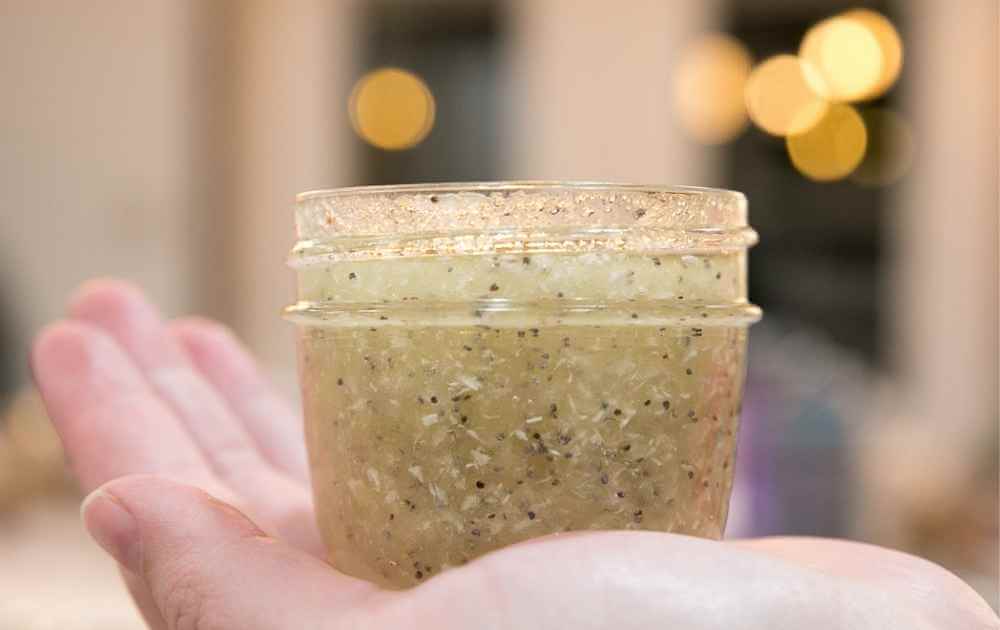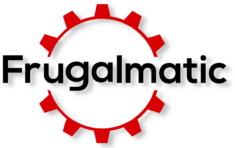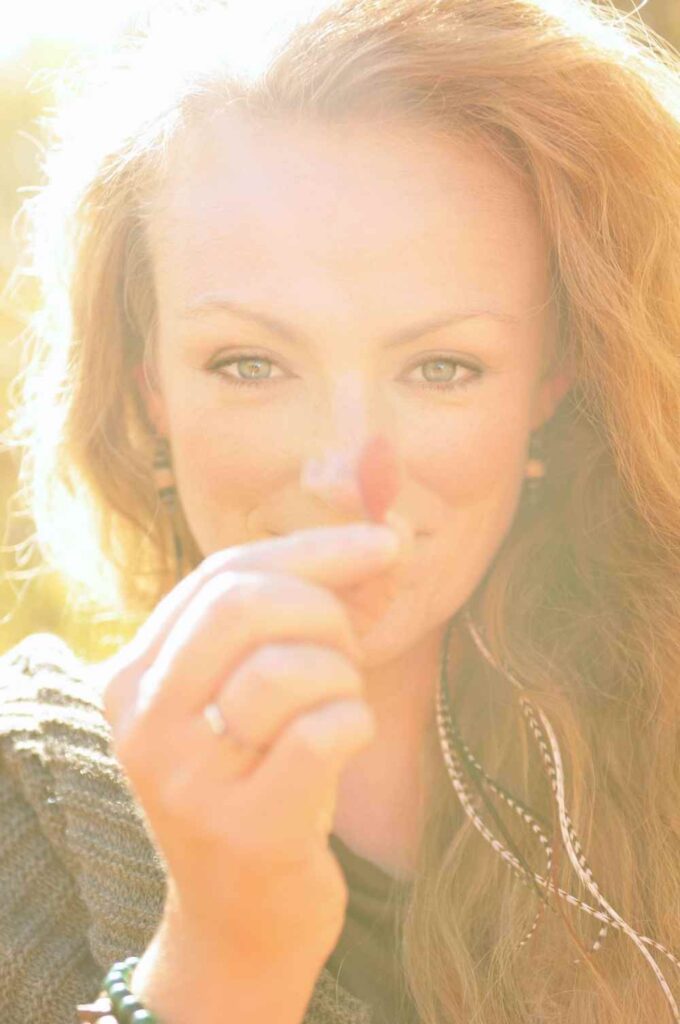This post was last updated on October 3rd, 2022 at 07:17 am
Long before skin minimalism became a beauty trend, Sarah Keates was using natural, everyday ingredients on her face and body. But for years, she felt somewhat alone in her quest to create healthy skincare alternatives.
Then the pandemic hit.
Almost overnight, the internet was abuzz with women embracing skincare routines centered on the virtue that less is more. “I was really pleasantly surprised,” Sarah said about the burst of interest in skin minimalism, sometimes called “skinimalism.” “I feel like we’ve been on the path where we’ve been moving slowly toward skin minimalism. The pandemic sped that process up a bit. All of a sudden, so many women found themselves in the position where they didn’t have to go to work. They could work from home, and you just don’t put on makeup when you’re sitting at home by yourself.”
Sarah’s minimalist journey began more than 10 years ago in a cosmetics aisle, where she was searching for eye-makeup remover. When she found a blue bottle of it, she paused. “I remember wondering, for the first time in my life, ‘What makes this product blue?’” she said. “I flipped the product over to read the ingredient list and, lo and behold, I saw all these ingredients that I didn’t understand.”
Sarah wrote down the chemicals listed on the bottle and did some research. She didn’t like what she found. Some of the chemicals in the list were toxic and linked to health problems.
That’s when Sarah decided to start making her own skincare products. Eventually, it led her to opening her own beauty business, The Green Goddess, based in Northern Alberta, Canada. Now she makes it her mission to help other women find natural, healthy alternatives to conventional makeup products.
As she puts it, “You don’t need to be a chemist or have a degree in the sciences to understand what these ingredients are.”
She’d love to see more women take a simpler approach to their skincare and question the beauty industry’s messaging. “I feel it’s really important for us to be our own health advocates,” she said.
Read more excerpts from my interview with Sarah Keates below. Responses have been edited for length and clarity.
Frugalmatic: How has your skin care routine evolved over the years?
Sarah Keates: I definitely fell prey at certain times in my life to that heavy pressure we receive from the beauty industry to conform in a certain way and buy all the beauty products, especially in our younger years when we’re in our teens and 20s and possibly even our 30s. When we care too much about what other people think about us and how we look and we want to put our best face forward, we go out and seek all of these products to ‘fix’ ourselves or alter our appearance. Or to just give us a boost of confidence. The beauty industry has done a really good job of making us feel insecure.
I have evolved over the years to become more aware of what I put on my skin and to simplify my skincare routine. I want my skin to be healthy and to glow. I don’t do it by buying 10 new products that some celebrity told me that I need to have. I just do what I know takes care of my basic skincare needs.
I cleanse my skin and I moisturize it well. And on a sunny day, I’ll use sun block. I just simplify because I just don’t want to spend an hour every day in front of the mirror doing my makeup. It’s not who I am anymore. But nothing against the women who feel they need to do that to feel good about themselves.
“The beauty industry has done a really good job of making us feel insecure.”
Sarah Keates
F: What’s one of the easiest things people can do for their skin without spending a lot of money, in your opinion?
SK: I would love to see more women turn to their pantries in their kitchen for their basic skincare needs. I am a huge advocate for turning to food ingredients to care for our skin, rather than having to buy a fancy face cream.
I know there are many women out there who would probably shutter at my answer, but I would rather see a woman walk into her pantry and pick up a bottle of organic, high-quality extra virgin olive oil and slather that on her skin after a bath or shower. Or, grabbing the oats from your pantry and grinding them up to make a face mask or a face cleanser. Or honey, or avocados, or the bananas, or yogurt—using those things on our skin. We can use all these things in face masks and various applications to really deeply nurture our skin.
This is what I teach in my workshops. I invite women to my studio and we make natural face masks and face oils and milk baths and bath salts and body butters. We do all of these things with basic, everyday ingredients.

F: I wonder whether the skin minimalism trend is a sign that the industry is losing influence over the public’s perception of beauty. Do you see that happening?
SK: Every little cell in my body wants to vibrate with the answer ‘yes.’ I want to have faith in my fellow humans and in humanity that we are waking up and that we are seeing through the propaganda. But then there’s this little pessimistic voice inside of me, or maybe it’s just the realist in me, that says it’s going to take a long time. I think we still have a lot of work to do to break free from the chains of this heavy consumerist ideology that we just have to buy, buy, buy.
Check out more Frugalmatic interviews
But I think we’re on the right track. You know, 100 years ago makeup was only worn by actresses and prostitutes. It was not socially acceptable for the average woman to wear makeup. Well, what changed? The messaging changed. The industry saw a chance to make money. They realized that if they got every woman to wear makeup, all of sudden there’s a new market. And the same with the hair care industry. We are prey to the marketing industry.
But we shift all the time as a culture and society. And I’d like to think that we’re waking up. The messaging is getting stale. We’re ready to hear a new tune, I hope.

